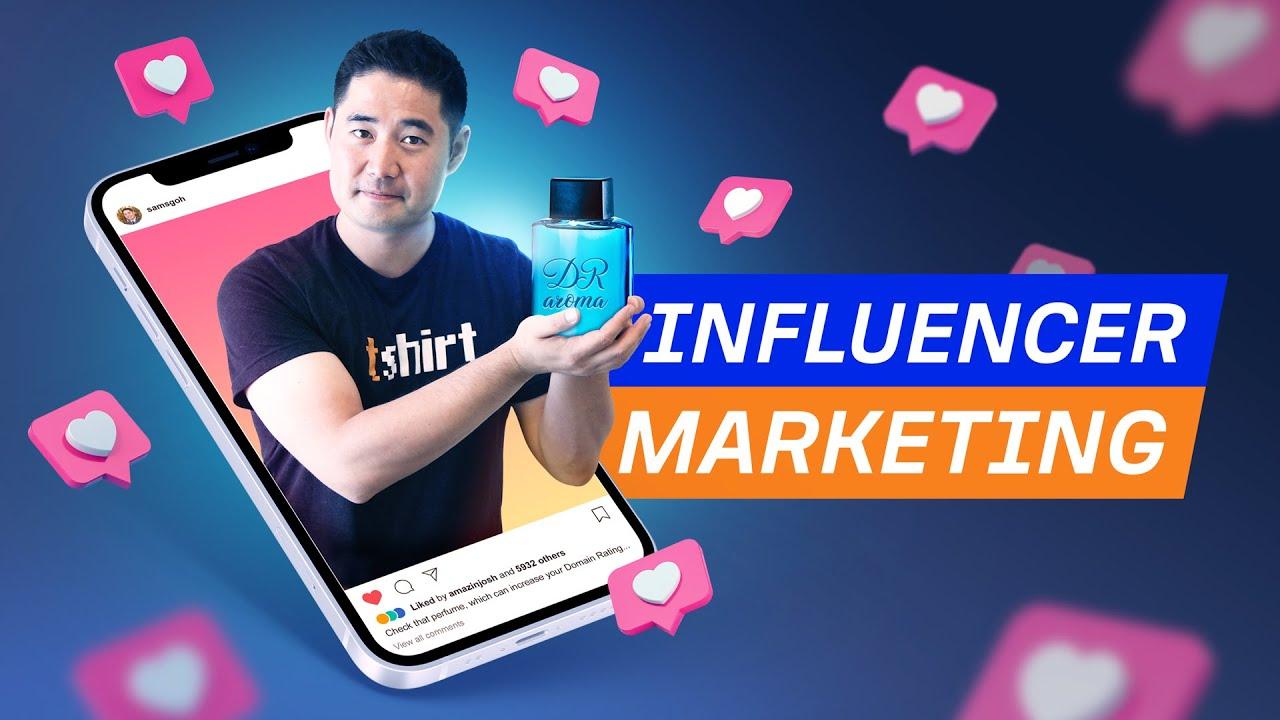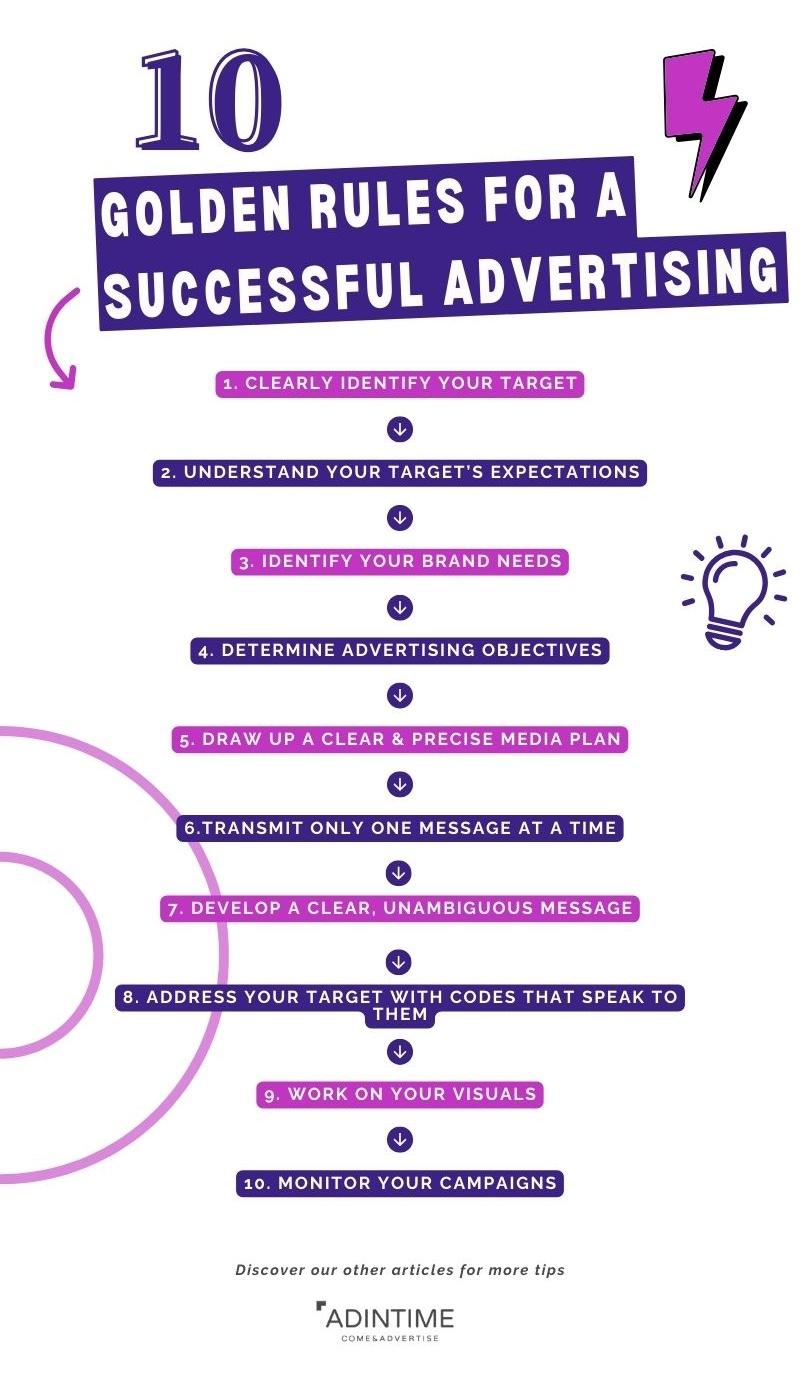
Navigating the Laws of YouTube Influencer Marketing: A Comprehensive Guide
In the vibrant landscape of digital marketing, YouTube stands as a towering platform where creativity meets commerce and influencers hold the keys to vast audiences. As brands increasingly turn to these content creators to authentically connect with potential customers, the legal maze surrounding influencer marketing becomes ever more intricate. From understanding Federal Trade Commission (FTC) guidelines to comprehending copyright laws, navigating the legalities of YouTube influencer marketing can be both a daunting and essential endeavor for brands and creators alike. This article aims to illuminate the path through this complex terrain, equipping you with the knowledge needed to effectively capitalize on the opportunities that lie within while ensuring compliance and fostering trust. Whether you’re a brand seeking to harness the power of influencers or an aspiring creator aiming to monetize your channel responsibly, understanding the legal framework is crucial to your success. Join us as we unravel the intricacies of this modern marketing phenomenon.
Understanding the Legal Landscape of Influencer Marketing on youtube
In recent years, as influencer marketing has surged in popularity, understanding the intricate legal landscape surrounding it has become essential for creators and brands alike. The Federal Trade Commission (FTC) in the United States sets forth guidelines that require influencers to disclose their relationships with brands, ensuring transparency with their audience. This becomes especially critical on platforms like YouTube,where authenticity is key to maintaining audience trust. Using clear language such as “#ad” or “#sponsored” in video descriptions or overlays can help adhere to these guidelines. adherence to local laws outside the U.S. can also vary substantially, making it vital for influencers working globally to be informed about the rules in each territory they engage with.
Moreover, copyright issues pose additional challenges in this dynamic field. Content creators must navigate the use of music, images, and proprietary materials when developing their videos. Fair use provisions can sometimes apply, but these are nuanced and depend on the nature of the content, its purpose, and the amount used. To coexist peacefully with brands and other creators, influencers should consider taking the following steps to safeguard their operations:
- Keep accurate records of collaborations and payments.
- Stay informed about changes in advertising regulations.
- consult legal experts or organizations specializing in digital marketing.
Ultimately, aligning influencer marketing strategies with legal requirements not only mitigates risks but also enhances credibility within the vast digital landscape. Below is a simplified comparison of common legal considerations for YouTube influencers:
| Legal Aspect | Description |
|---|---|
| Disclosure | Clear identification of paid promotions to maintain transparency. |
| Copyright | Adhere to copyright laws when using third-party materials. |
| Advertising Standards | Follow FTC guidelines and local advertising regulations. |

Protecting Your Brand: Essential Contractual Considerations
When engaging with influencers on YouTube, it’s crucial to have a solid contractual foundation that safeguards your brand’s reputation and image. A well-drafted agreement should clearly define the scope of work,outlining expectations for content creation,timelines,and posting schedules to ensure that both parties are aligned. This not only fosters a collaborative relationship but also mitigates potential misunderstandings. Additionally,consider incorporating clauses that address brand representation,dictating how the influencer should portray your products or services,ensuring your messaging remains consistent and true to your brand ethos.
Moreover, you need to pay attention to the intellectual property rights associated with the content produced. A contract should specify who owns the rights to the videos created and whether you have the ability to repurpose this content across your channels. It’s also advisable to include terms regarding disclosure and compliance with advertising laws, emphasizing that influencers are responsible for openly identifying any sponsored content.This promotes transparency with the audience, which is essential in maintaining trust. Here’s a simple table summarizing key contractual elements to consider:
| Contract Element | Description |
|---|---|
| Scope of Work | Define deliverables, timelines, and posting frequency. |
| Brand Representation | Guide how the influencer should portray the brand. |
| Intellectual Property | Clarify ownership of the content created. |
| Disclosure Requirements | Ensure compliance with advertising laws and transparency. |

Transparency and Disclosure: Building Trust with Your Audience
In the realm of YouTube influencer marketing,establishing a strong rapport with your audience is paramount,and transparency plays a key role in that process. Influencers must be open about their partnerships and disclose any sponsorships or affiliate relationships. This not only helps in complying with legal standards, such as the FTC guidelines, but also fosters a sense of credibility.Audiences are increasingly savvy; they can easily detect when content feels disingenuous. By being forthright, creators can enhance their reputation, thereby converting casual viewers into loyal supporters. Consider these tips for effective disclosure:
- Use clear and concise language.
- Place disclosures at the beginning of videos.
- Consider using hashtags like #ad or #sponsored in video descriptions.
Moreover, the benefits of transparency extend beyond mere compliance; they contribute to a deeper relationship between influencers and their audience. When viewers feel that they are part of an authentic exchange, they are more likely to engage, share, and advocate for that brand or influencer. to illustrate, here is a simple comparison of audience reactions to transparent versus non-transparent content:
| Approach | Audience perception | Engagement Level |
|---|---|---|
| Transparent Disclosure | Increased Trust | High |
| Hidden Affiliations | Distrust | Low |

Staying Compliant: Navigating Advertising Guidelines and Platform Policies
In the realm of influencer marketing on YouTube, compliance is paramount. Brands and creators must work hand-in-hand to ensure that content adheres to the various advertising guidelines set forth by the Federal Trade Commission (FTC) and also YouTube’s own policies. Influencers are required to disclose any partnerships, sponsorships, or paid promotions in a clear and conspicuous manner. To effectively communicate these disclosures, consider the following best practices:
- Use clear language: Phrases such as “#ad” or “Paid partnership” should be visible in the video description and within the video itself.
- Visual prominence: Place disclosures in a way that audiences cannot easily miss, either by overlaying text on the video or including them in the opening seconds.
- Avoid ambiguity: Disclose all sponsored content, even if you received free products to review.
Moreover, understanding the specific policies of the platforms on which you operate is essential. YouTube has established rules regarding misleading content and the manner in which products can be presented. To help you navigate these guidelines, consider the following table that outlines key points:
| Guideline | Description |
|---|---|
| Content Misleading | Do not present products in a deceitful manner that could confuse viewers. |
| Age Restrictions | Avoid promoting products unsuitable for underage audiences without proper age verification. |
| Health claims | Ensure you have ample evidence to support any health-related claims made in your content. |
Insights and Conclusions
As the digital landscape continues to evolve, understanding the intricate legal dynamics of youtube influencer marketing becomes not just beneficial but essential. By grasping the nuances of advertising standards, intellectual property rights, and the ever-shifting regulatory guidelines, creators and brands alike can forge authentic partnerships that resonate with their audience while remaining compliant.
In this vibrant world of content creation, where every click counts and transparency is paramount, staying informed is the key to success. The road ahead might potentially be complex, but with the right knowledge and tools at your disposal, you can navigate it confidently. Remember, in this age of influence, informed decisions lead to meaningful connections and lasting growth. Embrace the journey, keep learning, and let your voice shine through the digital noise.